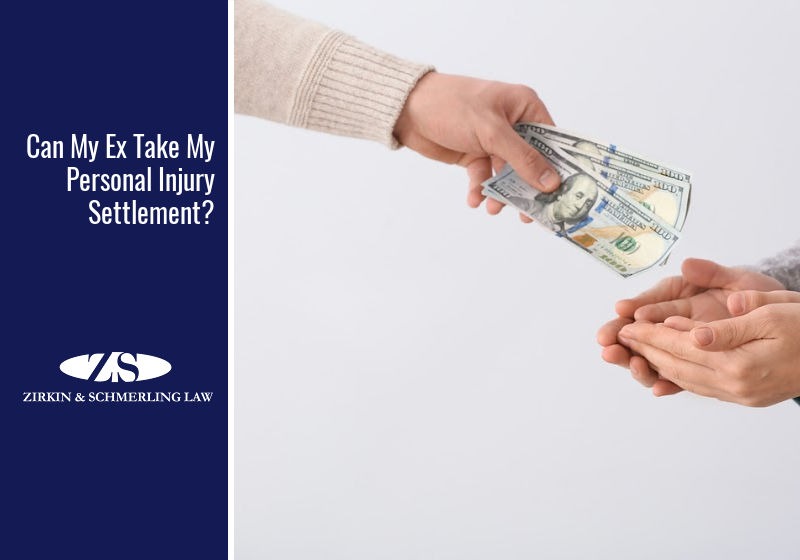
It’s frustrating to think that the moment you get a personal injury settlement, your ex could get their hands on it. What if they could stake a claim to some or all of your settlement money?
When you ask a Maryland family law attorney whether your ex can take your settlement, the frustrating answer will probably be, “Maybe.” Here are the factors that go into determining whether your money is safe from your ex.
Timing Matters for Marital Property
If you were never married to the person, your settlement money is probably safe from them. Maryland doesn’t recognize common law marriage or allow unmarried people who cohabitate to automatically claim assets from one another.
If you were married to them, the time period of your marriage is important. A personal injury settlement that was awarded prior to your marriage date isn’t eligible as marital property in the divorce, meaning it stays with you.
However, a personal injury settlement that was awarded during your marriage might be figured into the total amount of your assets and divided during your divorce. This is one of the reasons it’s extremely important to work with a personal injury attorney who also handles divorce and understands how to help you protect your assets.
In Maryland, the Type of Compensation is Relevant
Here’s another important factor that determines whether your ex may have a claim to the settlement: the type of compensation. The Maryland Courts have a history of deciding who can claim settlement money depending on the source of funds.
Lost wages are generally considered income and are divided according to Maryland’s equitable distribution rule. A judge will decide on fair, but not necessarily equal, division of the money between you and your ex-spouse.
The same goes for compensated medical expenses, which are considered to be incurred jointly by the married couple. Loss of consortium compensation, which covers the loss of physical intimacy, is also usually covered under equitable distribution since it involves both spouses.
Pain and suffering damages, however, are not subject to equitable distribution and can’t usually be awarded to an ex during a divorce. These damages are considered so personal to the injured victim that they are generally awarded solely to the person who endured the pain and suffering firsthand.
Wrongful death and survival actions are usually not divided as marital property and remain with the person whose loved one passed away. But there are rare exceptions, so make sure you’re working with a law firm that has a solid history with these types of claims in addition to personal injury settlements.
As you can see, divorce can put your personal injury settlement at risk of ending up in your ex’s bank account. Before you file for divorce, talk to the team at Zirkin & Schmerling Law because our lawyers have extensive backgrounds in multiple areas including divorce, personal injury cases, and making sure our clients get the best outcomes possible.
Have a Legal Question? We Have Answers
When you need to learn more about your rights, the attorneys at Zirkin & Schmerling Law can help. Contact us or call us at (410) 753-4611 to set up an appointment with one of our experienced personal injury lawyers today.
